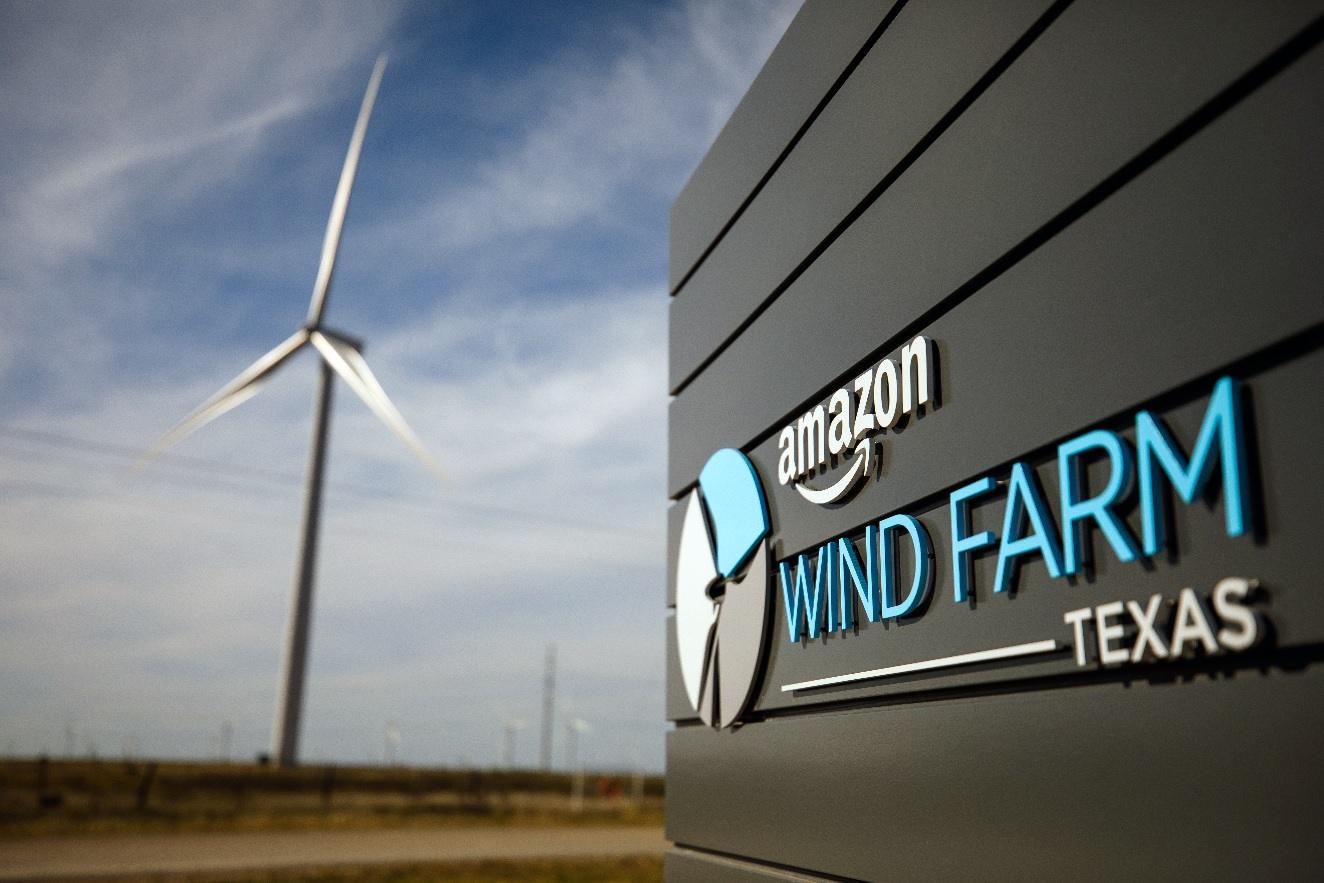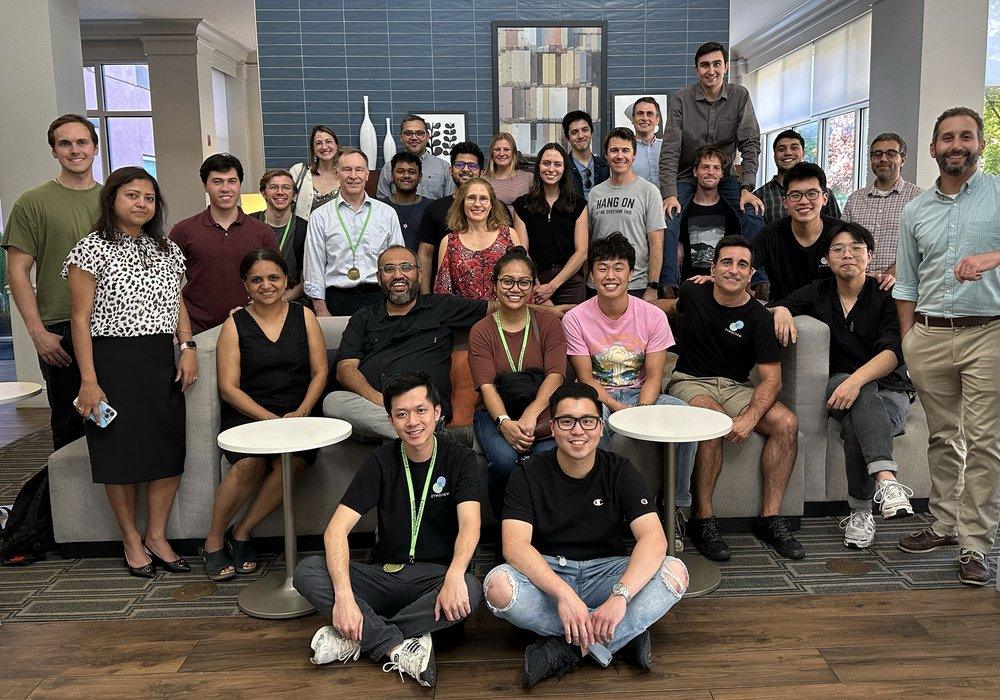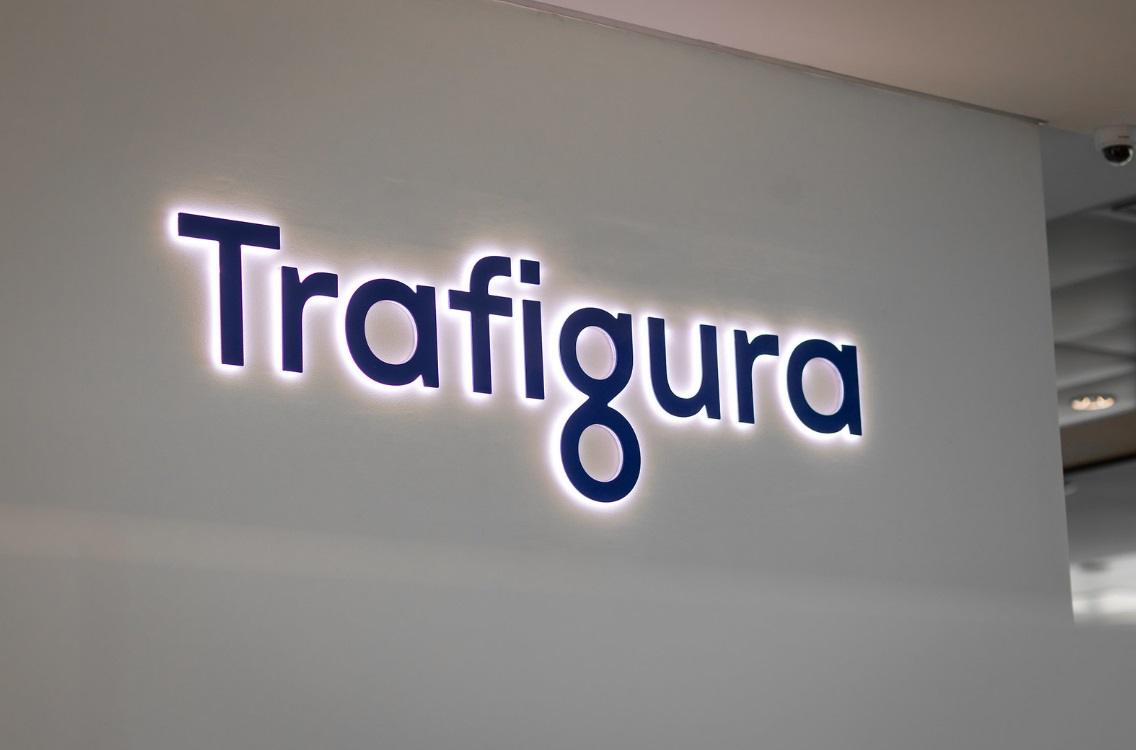Norfolk Southern Sets Science-Based Emissions Reduction Goal
Railway company Norfolk Southern announced today a new science-based emissions reduction target, committing to reduce Scope 1 and 2 GHG emissions intensity by 42% by 2034, from a 2019 base year.
Norfolk Southern stated that its new goals have been approved by the Science Based Targets initiative (SBTi) as being in line with the goals of the Paris Agreement. SBTi was formed as a collaboration between CDP, World Resources Institute (WRI), the World Wide Fund for Nature (WWF), and the United Nations Global Compact (UNGC), with the goal to establish science-based environmental target setting as a standard corporate practice. Achieving approval of targets by SBTi is a significant milestone for companies’ sustainability efforts.
James A. Squires, Norfolk Southern Chairman, President, and CEO, said:
“As a leading transportation provider, it is our responsibility to reduce our environmental impact and also to help our customers reduce their carbon footprint. In recent years, our customers have avoided 15 million metric tons of carbon emissions annually by shipping their goods and materials with Norfolk Southern. Shipping by rail instead of truck lowers carbon emissions by 75% on average, relieves traffic congestion, and reduces wear on public infrastructure.”
The announcement follows a recent $500 million green bond issue by the company, with proceeds aimed at financing projects to reduce emissions from operations, and from customer supply chains.
Norfolk Southern highlighted some of the initiatives it is undertaking in order to achieve its emissions reduction goals, including retiring hundreds of less fuel-efficient locomotives, equipping locomotives with smart energy management technology, and diesel-powered overhead cranes with hybrid and fully electric cranes, among others.
Josh Raglin, Norfolk Southern Chief Sustainability Officer, said:
“Our goal with all of these sustainable business initiatives is to continue creating value that generates benefits for our stakeholders, whether they be customers, employees, communities, or shareholders. We are accelerating our efforts to deliver a low-carbon economy and promote cleaner air in our communities.”





